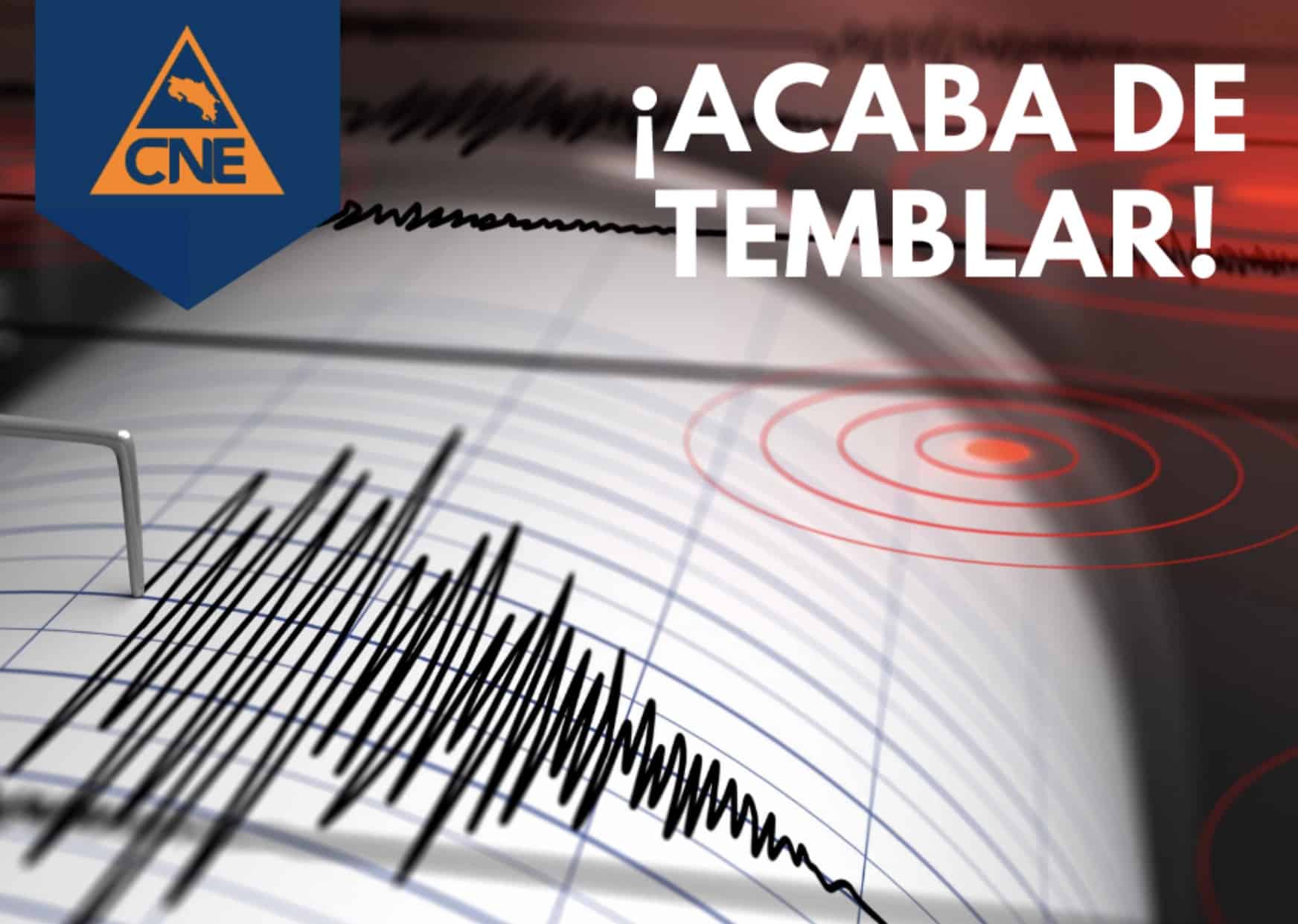More than 242,000 people participated in Costa Rica’s earthquake drill on Wednesday night, authorities reported.
The third annual event — and first to be held at night — counted with participation from families, private companies and public institutions that reported their involvement through the Simulacro CR mobile phone application.
Before the exercise, families and companies were instructed to prepare an emergency response plan. During the drill, participants evacuated to pre-determined secure locations.
“I want to thank the National Emergency Commission and the institutions in charge for this training that will provide us with learning for the protection of each and every one of the Costa Ricans, especially our youngest,” said President Carlos Alvarado.
Wednesday’s earthquake was simulated, but according to the National Emergency Commission (CNE), Costa Rica averages 350 earthquakes each month, or about 12 each day. You’d be hard-pressed to notice the majority of them — you might not feel it at all, or mistake it for a truck rumbling down the street.
But every once in a while, an earthquake causes significant damage in Costa Rica. (Want a reminder? Here’s a list!)
The United States’ Department of Homeland Security recommends the following when an earthquake hits:
- If you are in a vehicle, pull over and stop. Set your parking brake.
- If you are in bed, turn face down and cover your head and neck with a pillow.
- If you are outdoors, stay outdoors away from buildings.
- Do not get in a doorway.
- Do not run outside.
Costa Rica’s CNE says to “first and foremost, remain calm.” Following the quake, if you are indoors, walk outside when able — taking stairs instead of elevators — to an area away from damaged buildings and electric power lines. Their recommendations:
- Stay calm. When able, evacuate to previously identified safe areas.
- If inside a building, follow the emergency exits. Otherwise, find a door frame or seek shelter under a very strong table or desk.
- Stay away from windows, mirrors, and glass items that can break, and do not lean on walls. Stay away from stoves or other hot utensils.
- Do not use an elevator or stairs while the earthquake is still occurring.
- If driving, stop the vehicle away from bridges and utility poles.
- In public and crowded places (cinema, theater, stadium, classroom), maintain order. If there is difficulty evacuating, remain in place, covering your head and neck with your arms and lowering your head to your knees.
- Remain in a safe place and stay attentive to the official CNE report indicating that everything can return to normal.






